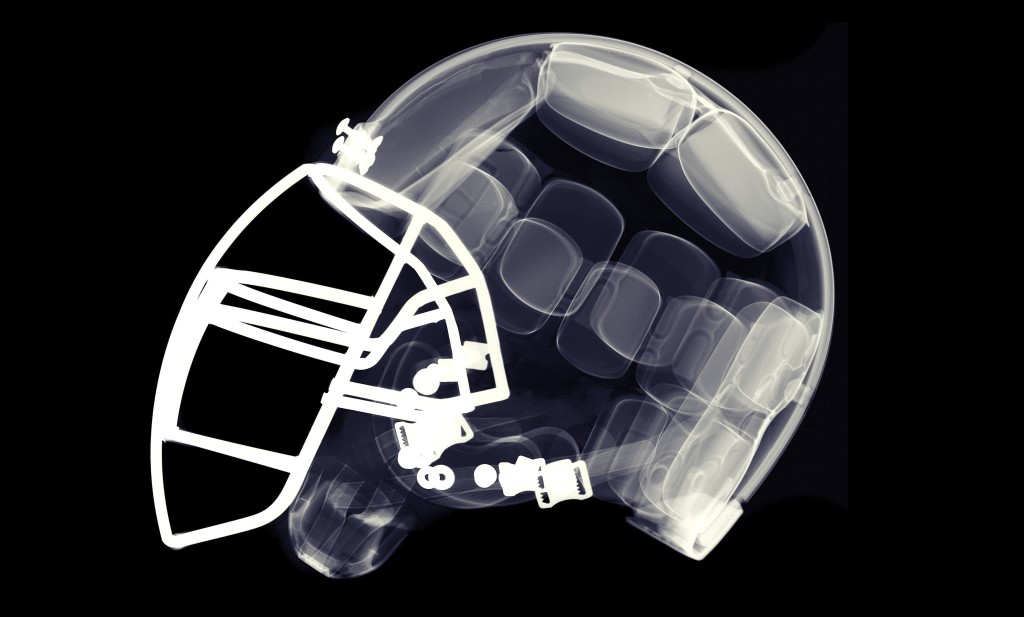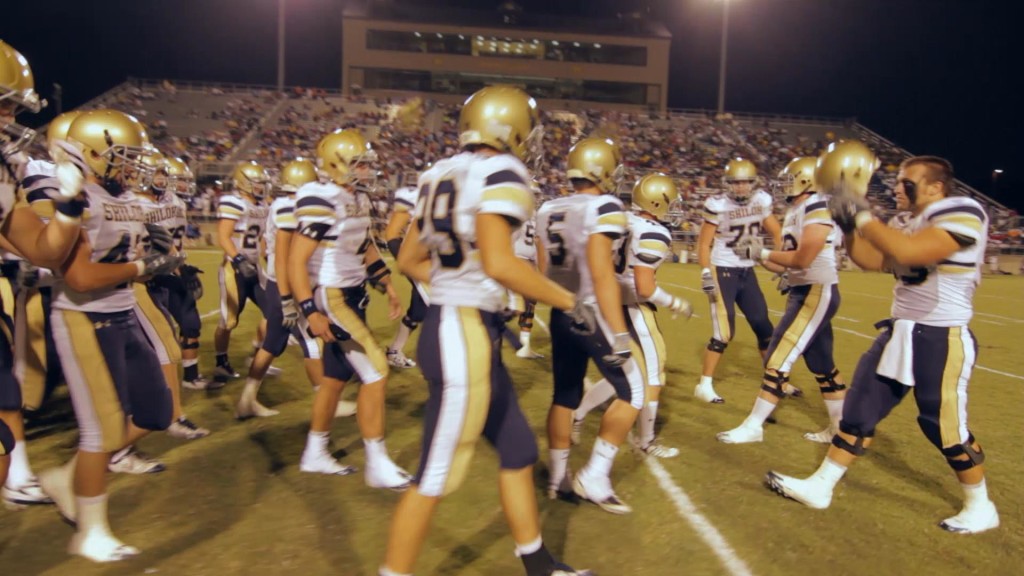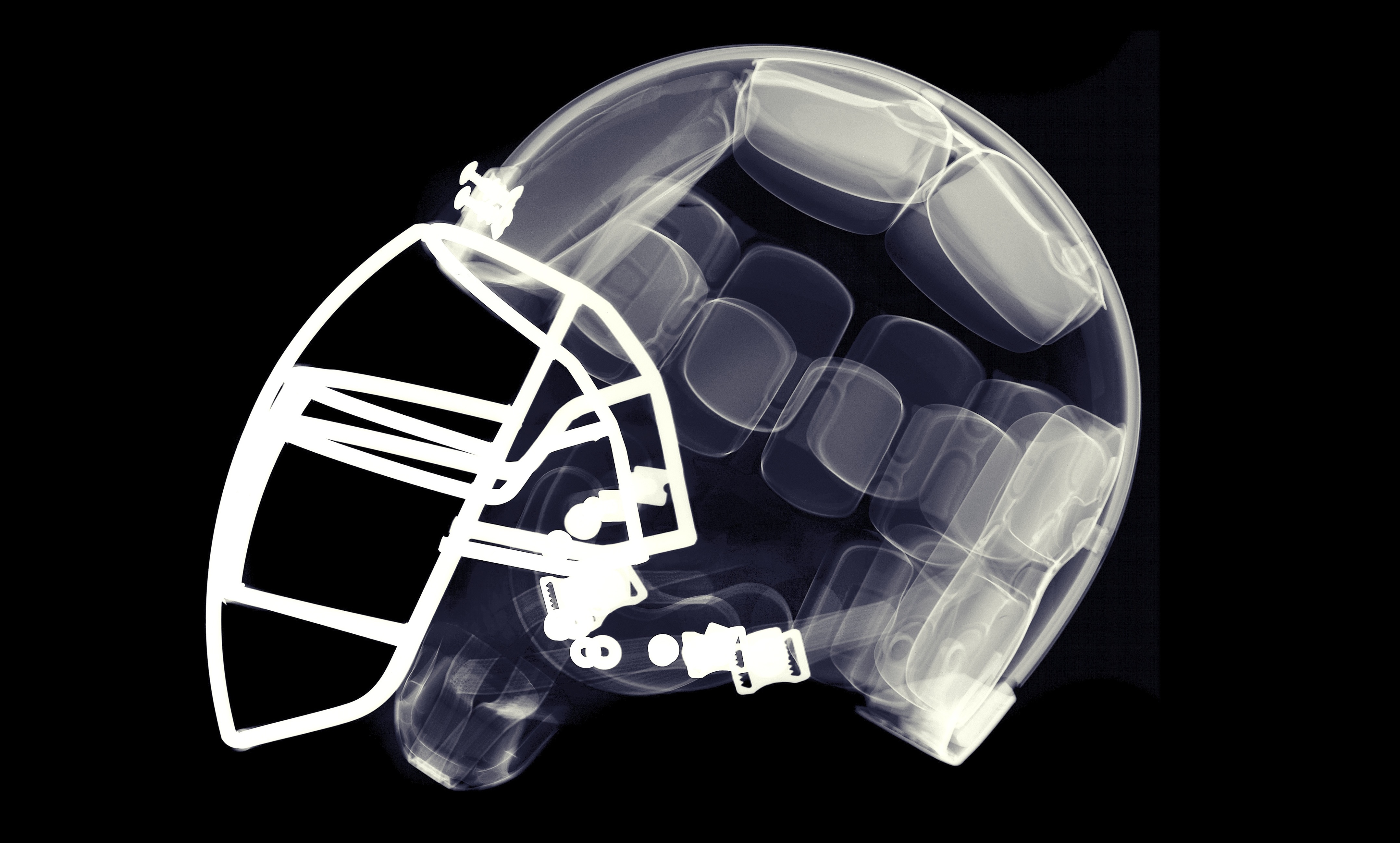The NFL’s Sydney Seau Problem

August 7, 2015
Share
Junior Seau’s induction into the Pro Football Hall of Fame was always going to be an awkward moment for the NFL. Before his suicide in 2012 at 43, Seau was one of the most dynamic and beloved linebackers in league history. When it was later discovered that he suffered from the same brain disease that’s been found in dozens of other deceased players, it added a new urgency to the debate over whether football is simply too dangerous to play.
It didn’t help when, on July 9, the Hall informed Seau’s daughter, Sydney, that she wouldn’t be allowed to speak on behalf of her father at his induction ceremony this Saturday. After a blowback from fans and the media, the two sides reached a compromise. Instead of giving a speech — per her father’s wishes — Sydney will be interviewed on stage following a video tribute to her dad.
Even before the deal was announced, Seau had said that she wanted to keep the focus of her father’s induction ceremony on his career in the NFL — not on his diagnosis for chronic traumatic encephalopathy (CTE) or her family’s wrongful-death suit against the NFL.
“I just want to give the speech he would have given,” she told The New York Times last month. “It wasn’t going to be about this mess. My speech was solely about him.”
But in a 2013 interview with FRONTLINE, Seau did open up about some of these issues. In the interview, filmed for the documentary League of Denial: The NFL’s Concussion Crisis, Seau said that football changed her dad, leaving him forgetful, distant and prone to fits of anger. It was a far cry, she said, from the same man that she remembered as “a big teddy bear” while growing up.
The full interview, which you can watch here, runs about 29:00 minutes long, but we’ve excerpted five key moments from the conversation below.
#1: Early Warning Signs
CTE occurs when repetitive head trauma begins to produce abnormal proteins in the brain known as “tau.” The tau proteins essentially form tangles around blood vessels in the brain, interrupting normal functioning and eventually killing nerve cells themselves. Patients with less advanced forms of the disease can suffer from mood disorders, such as depression and rage, while those with more severe cases can experience confusion, memory loss and advanced dementia.
In the interview, which was conducted in February 2013, Sydney Seau recalled some of the early warning signs in her dad. “Over the years he’s always been the first to get me flowers for Valentine’s Day or send me a text, like, “Syd, I love you,” and everything like that,” she said. “And for a couple of months at a time, I wouldn’t hear from him at all.”
#2: Trouble with Memory
Issues with memory were also an issue near the end of her dad’s life, Seau said.
“He used to be so punctual and so on top of everything that it slowly got really bad, really — I wouldn’t even say slowly. Like, quickly it got bad. And it just stayed bad, where his memory was just not there.”
#3: “He Would Snap”
Anger would become a problem too. “There are moments where he would snap,” Seau remembered, “but it would be very brief. It would just be out of nowhere, he would just be like, ‘Why didn’t you tell me that beforehand?,’ or like, ‘Why didn’t you do this when I told you to?’ And I’d be like: ‘Whoa, this is like a minor thing, and you’re yelling at me? This doesn’t make sense.'”
#4: The Day of the Suicide
Seau’s 2012 suicide stunned the sport’s world. Sydney said she learned about her father’s death in a phone call with her mother while she was at school. “I thought someone had shot him, and that was not OK. And then I found out later that he had done it himself, and that was the hardest pill to swallow,” she remembers.
#5: Learning About the CTE Diagnosis
“I hoped there would be some sort of relief or comfort knowing that it wasn’t just him; there was something going on that we couldn’t control, and he couldn’t control,” Seau recalled about what it was like learning that her father suffered from CTE at the time of his death. ” It wasn’t just him taking, I won’t say selfishly, but him taking his own life. There was other factors … But honestly, nothing changed.”
Related Film: League of Denial: The NFL’s Concussion Crisis
FRONTLINE reveals the hidden story of the NFL and brain injuries.

Related Documentaries
Latest Documentaries
Related Stories
Related Stories
Explore
Policies
Teacher Center
Funding for FRONTLINE is provided through the support of PBS viewers and by the Corporation for Public Broadcasting, with major support from Ford Foundation. Additional funding is provided the Abrams Foundation, Park Foundation, John D. and Catherine T. MacArthur Foundation, Heising-Simons Foundation, and the FRONTLINE Trust, with major support from Jon and Jo Ann Hagler on behalf of the Jon L. Hagler Foundation, and additional support from Koo and Patricia Yuen. FRONTLINE is a registered trademark of WGBH Educational Foundation. Web Site Copyright ©1995-2025 WGBH Educational Foundation. PBS is a 501(c)(3) not-for-profit organization.






















